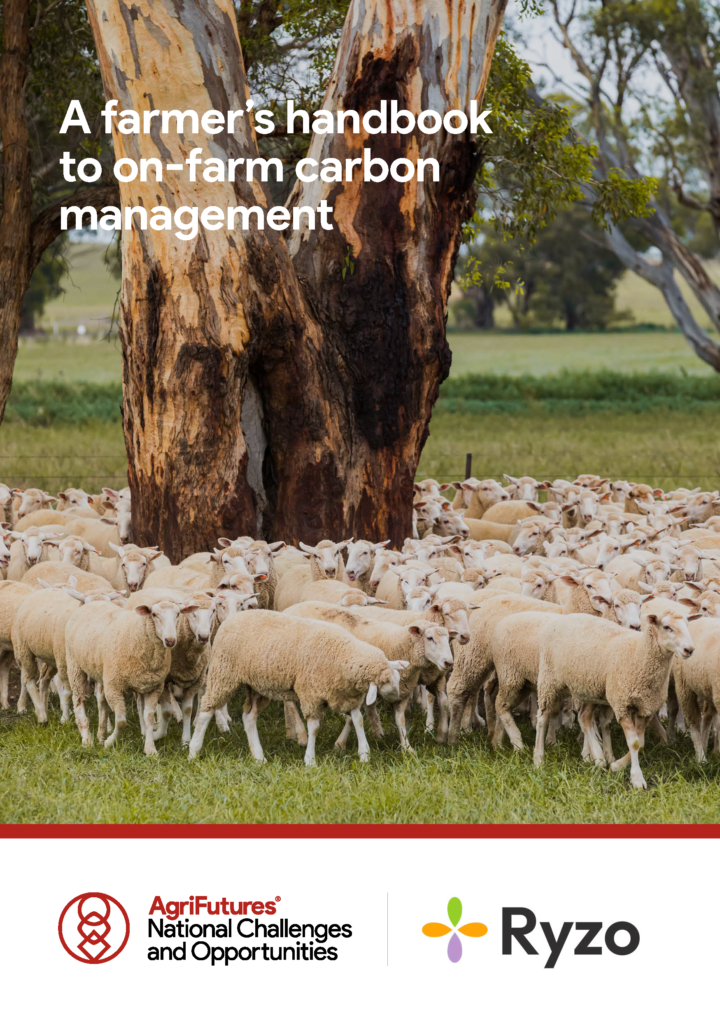Improving Carbon Markets to Increase Farmer Participation
This report presents an analysis of the opportunities for Australian agricultural producers to participate in carbon markets and the barriers that are preventing these opportunities...

124 pages
Published: 17 Aug 2022
Author(s): Carbon Count
ISBN: 978-1-76053-273-4
Download report PDF
DownloadPurchase a hard copy - AUD $60
*** To obtain a quote for a bulk order (more than 10) of this publication, email ***
*** Purchased hard copies of this publication are A5 in size and are spiral bound. ***
Australia’s rural industries and businesses have potential to participate in carbon markets that are rapidly being developed around the world. International top 500 companies are quickly learning how they can participate in formal and voluntary carbon schemes, undertake abatement activities and sequester carbon through creating carbon sinks or purchasing carbon credits; agricultural communities and business have an opportunity to be part of this conversation.
Participation in the carbon market is already occurring on some farms as a means of creating an additional income stream or changing existing land use. As uptake grows, producers are looking to understand their options and evaluate whether carbon activities are right for their business.
‘A farmer’s handbook to on-farm carbon management’ aims to support producers with practical information on the feasibility of carbon sequestration activities on their farm. As carbon storage and sequestration becomes more prominent in rural industries, producers may be considering the opportunities and challenges that come with participating in a formal carbon sequestration scheme.
This handbook is a handy introduction to carbon concepts and the requirements of participating in a carbon scheme. The handbook details practical carbon sequestration activities and the potential cost and income implications. It provides audience-specific information that outlines the steps to participate and the potential risks and returns for a farm enterprise.
AgriFutures Australia invested in this work in consultation with other Rural Research and Development Corporations (RDCs). Together, we recognise the need for producers to better understand carbon sequestration activities, potential obligations, the risks and requirements to participate, and potential options to sequester carbon on farm.